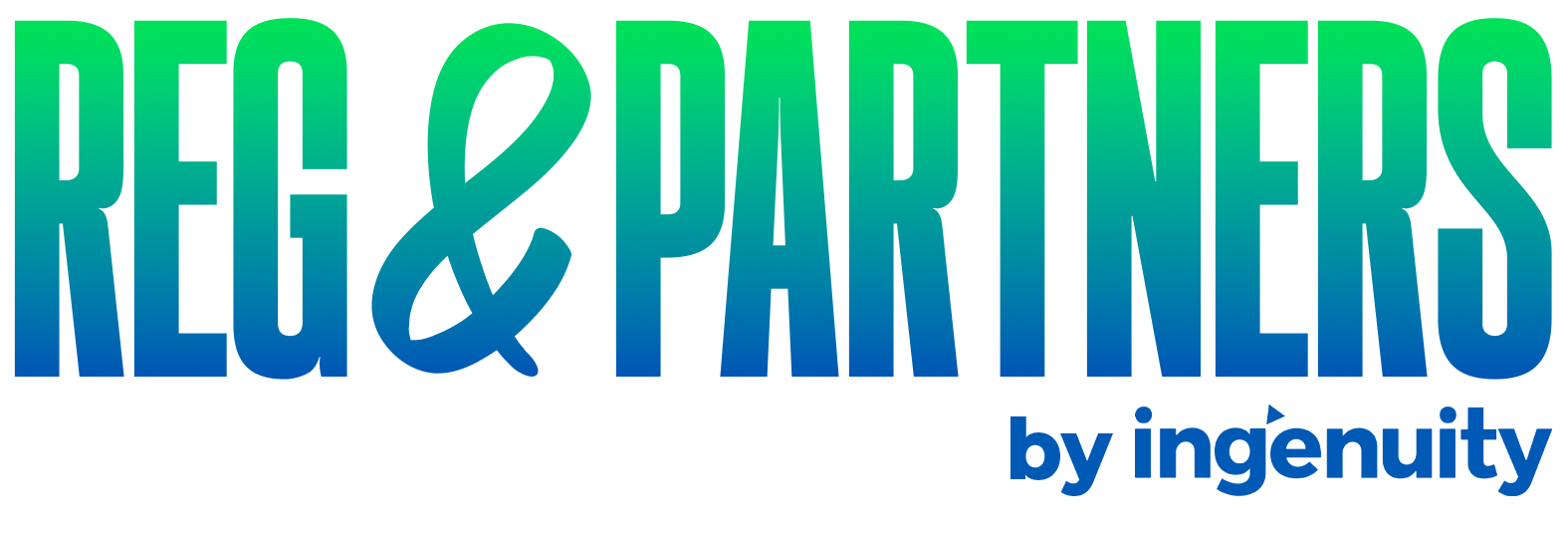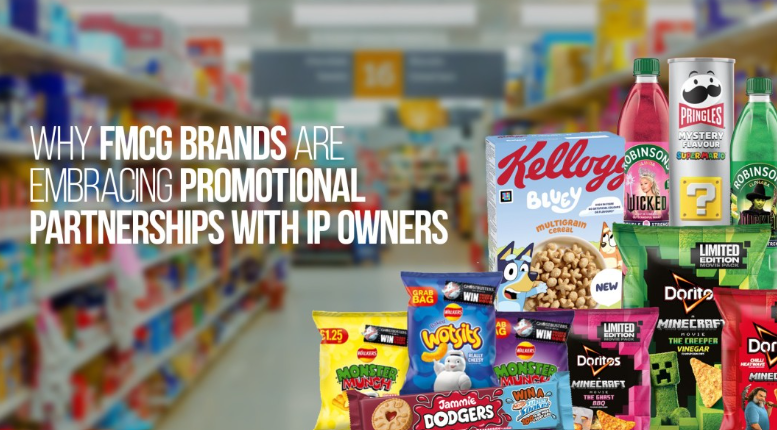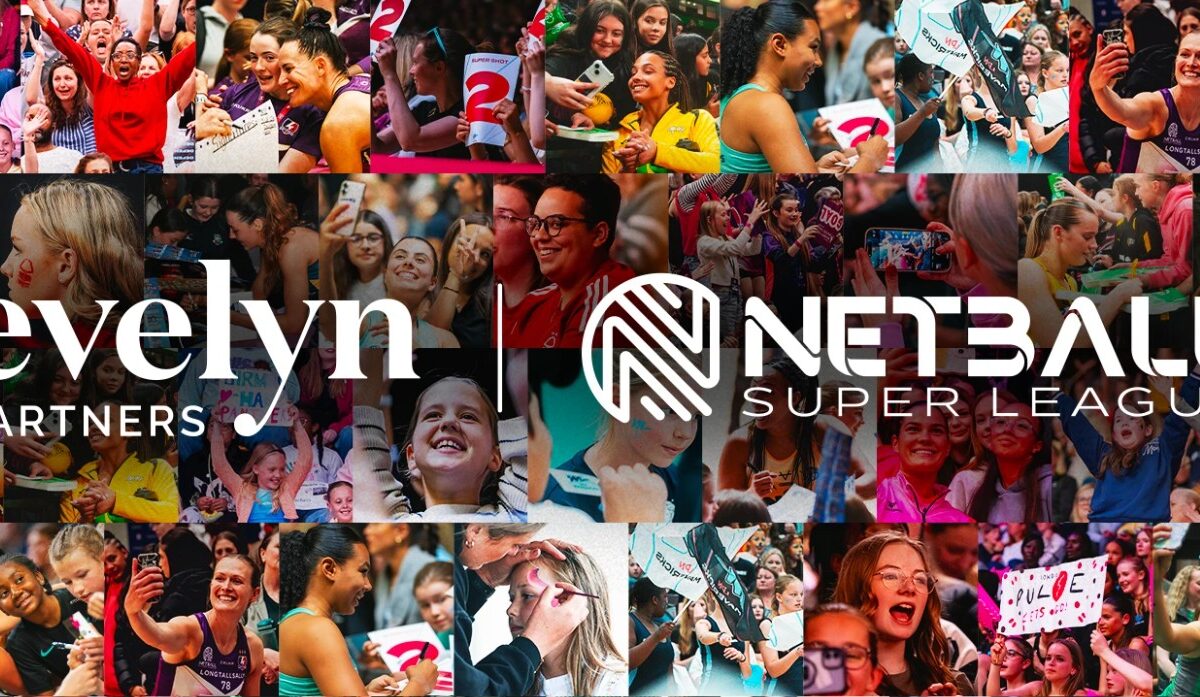Our CEO Karen Morris was part of a panel discussion on a webinar hosted by ESA – “Sponsorship Under Fire: Navigating Crisis” alongside Martin Prendergast and Shona McCarthy.
Here are a few takeaways from Karen:
I’ve been running my agency since 2003 and I haven’t seen this level of protest against sponsors, particularly, although not exclusively, in the arts and culture space.
Obviously, we appreciate that large companies should be held to account on climate change and be ethical and we have a great deal of empathy with the protestors and their causes but it feels directed at the wrong target?
We work closely with our clients to agree on a list of partners that they would be happy to work alongside before making any approaches and we often get quite a restrictive list of organisations from our arts, culture and charity clients less so in sport. Finance as a sector tends to be very prevalent in the arts and culture space and these often significant and long standing sponsors are being targeted.
I am super concerned about the latest protests with artists and authors and MPs boycotting events such as Hay Festival, Latitude, Manchester Pride, the Toronto Film Festival, the Chelsea Flower Show garden that was attacked with orange paint. All of these organisations rely on sponsorship funding to take place.
I personally feel we risk permanently damaging the sector in terms of funding. Our recent experience is that global organisations are nervous about engaging with the arts and culture sector in particular.
The sponsors we work with are concerned particularly when their employees are also targeted by protestors. Many sponsors have some fantastic programmes that underpin their high-profile sponsorships that are about disadvantaged communities, access to arts and new kinds of audiences. The investment they put in over and above the sponsorship fee is really compelling, it helps the arts organisations achieve other objectives.
I think it’s a lost opportunity, but you can understand that marketers are finding it challenging to endorse internally and fight back to nervous boards to say no, this is a really good sponsorship opportunity that will improve our brand perception when the protests recently have been hugely damaging for brands. The issue we also have is which sponsors do stand up to intense scrutiny. I can’t think of many organisations that do. if you dig deep enough it’s very difficult to find an ‘ethical’ bank that’s entirely ethical, for example.
Overall it’s a really challenging time and whilst we are looking at new sectors budgets and sponsorship expertise in smaller organisations or ethical start up businesses are limited. Having also worked in sport, I absolutely understand that artists are principled. It’s a personal creative investment from them and they have the right to choose where and how their work is experienced and alongside which corporate sponsors unlike in sport where the athletes rarely have a say in the team or tournament sponsors. The dilemma of artists not wanting to attend a festival because a bank was the sponsor, artists not participating at Manchester Pride because of the ethics of the sponsor, authors and MPs not attending the Hay festival are all recent examples. So it’s really tricky, because in that situation the festival can’t go ahead if they’ve got no artists. and obviously, the sponsorship revenue and marketing is hugely valuable and often the event is reliant on this funding.
Where are large sponsorship budgets coming from if not from the likes of the energy sector or financial services? Interestingly one of our clients has a very ethical stance on who they won’t work with and yet one of their sponsorship schemes is currently sponsored by Starling Bank, who are brilliant and I am a customer, but their funders are the Qatar Investment Authority, Fidelity, Railpen and Millennium Management.
The sponsorship landscape is shrinking as we have a more and more ethical stance on who we can work with, it is the old Tobacco conversation but more and more businesses are being scrutinised. It is a tricky time for our industry and a minefield.





